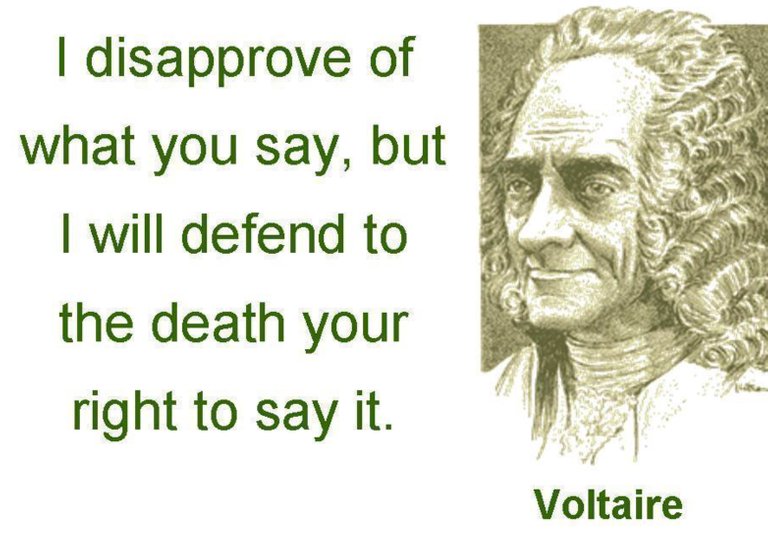According to the United States Government this is the interpretation of the constitution with regards to free speech. It might be good to know how the Supreme Court has legally interpreted it over the years. 
The First Amendment states, in relevant part, that:
“Congress shall make no law...abridging freedom of speech.”
Freedom of speech includes the right:
Not to speak (specifically, the right not to salute the flag).
West Virginia Board of Education v. Barnette, 319 U.S. 624 (1943).
Of students to wear black armbands to school to protest a war (“Students do not shed their constitutional rights at the schoolhouse gate.”).
Tinker v. Des Moines, 393 U.S. 503 (1969).
To use certain offensive words and phrases to convey political messages.
Cohen v. California, 403 U.S. 15 (1971).
To contribute money (under certain circumstances) to political campaigns.
Buckley v. Valeo, 424 U.S. 1 (1976).
To advertise commercial products and professional services (with some restrictions).
Virginia Board of Pharmacy v. Virginia Consumer Council, 425 U.S. 748 (1976); Bates v. State Bar of Arizona, 433 U.S. 350 (1977).
To engage in symbolic speech, (e.g., burning the flag in protest).
Texas v. Johnson, 491 U.S. 397 (1989); United States v. Eichman, 496 U.S. 310 (1990).
Freedom of speech does not include the right:
To incite actions that would harm others (e.g., “[S]hout[ing] ‘fire’ in a crowded theater.”).
Schenck v. United States, 249 U.S. 47 (1919).
To make or distribute obscene materials.
Roth v. United States, 354 U.S. 476 (1957).
To burn draft cards as an anti-war protest.
United States v. O’Brien, 391 U.S. 367 (1968).
To permit students to print articles in a school newspaper over the objections of the school administration.
Hazelwood School District v. Kuhlmeier, 484 U.S. 260 (1988).
Of students to make an obscene speech at a school-sponsored event.
Bethel School District #43 v. Fraser, 478 U.S. 675 (1986).
Of students to advocate illegal drug use at a school-sponsored event.
Morse v. Frederick, __ U.S. __ (2007).
Always remember that legal precedent rules in the common law system, but in a jury trial the jury can have a lot of power.
Nullification!
https://en.wikipedia.org/wiki/Nullification_(U.S._Constitution)
Hi! I am a robot. I just upvoted you! I found similar content that readers might be interested in:
http://www.uscourts.gov/about-federal-courts/educational-resources/about-educational-outreach/activity-resources/what-does